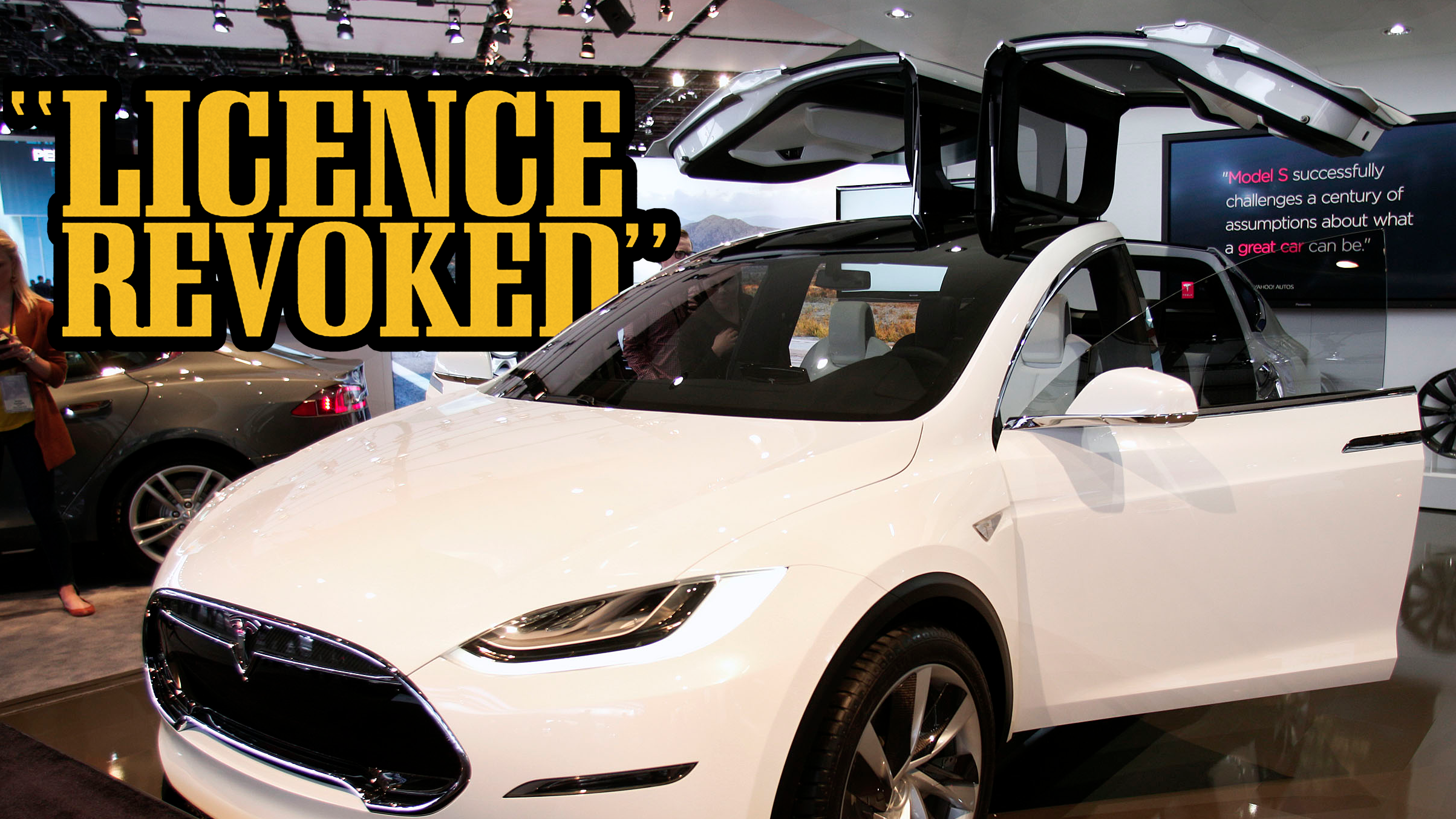Tesla And Rivian Shafted By Direct Sales Law That Just Passed A Michigan House Vote
According to a report from the Detroit News, the Michigan House of Representatives will send HB 6233, the bill that originally would have let Tesla — but not Rivian — sell cars directly to consumers without the need for dealerships, to the State Senate without a special cut-out for Tesla.
A previous version of the bill would have established as law an earlier legal settlement between the state and Tesla. Under that settlement, Tesla was able to sell directly to Michigan consumers, provided the transaction took place out of state, at least on paper. It would also have allowed Tesla to directly or indirectly own vehicle service facilities in the state, which is specifically forbidden by the new bill.
The bill passed the Republican-majority Michigan State House of Representatives on Wednesday in a 65-39 vote after months of lobbying by automakers like Tesla and Rivian seeking the right to a direct-sales model in Michigan. The bill will now go on to the State Senate.
As mentioned, a previous version of the bill would have enshrined into law a kind-of fucked-up backdoor policy specifically written to let Tesla continue selling its vehicles directly in the state, but prohibiting any other automaker from doing the same. For reasons that are unclear at this time, the Tesla exception was removed from the bill before it passed the House, shafting Tesla and Rivian along with every other automaker in the fight to sell their cars direct to consumers.
Rivian in particular made a big show of taking up the legal battle to secure direct sales rights in Michigan and many other U.S. states, starting in February. Amy Mast, PR director for the EV truck startup, talked about the latest development in a series of Twitter posts on Thursday afternoon:
"It's back: The MI House just passed HB 6233, prohibiting the sale and service of Rivian vehicles in the state where we engineered and designed them. It's bad for us, it's bad for innovation, and it's bad for MI- but there's still time to stop it."
"It's not just us- HB 6233 closes the door on Tesla and all the exciting EV innovators I can't wait to experience – Lucid Motors, Bollinger Motors, Lordstown Motors and more."
Kaitlin Monaghan, a policy director at Rivian, also noted the company's opposition to legislature's decision, tweeting:
"The MI House Dems and MI Republicans came together on HB6233, a bill that's BAD for business, climate climate [sic], AND public health. The auto industry is changing for the better, but the Michigan House doesn't want its jobs or investments."
"So disappointing that TWENTY MI House Dems voted for this anti-EV, anti-environmental policy. But thank you House Democratic Leader Greig for fighting and sticking to democratic values. Let's stop this in the Senate!"
Update, 6:25 p.m.: A Lucid Motors spokesperson responded to Jalopnik after publishing with a company statement regarding the House passing of the bill:
"Michigan State Bill HB 6233 only serves to undermine consumer choice and access to dependable automotive service. Last year, nearly 70 percent of all EVs sold in the state were sold directly to consumers, never touching a dealer lot. Consumers have made their choice clear.
In order to protect our interests in Michigan, as well as those of consumers and our customers, Lucid is considering all options in addressing the anti-competitive foundation of HB 6233. As the situation continues to evolve, we will share more details at a future date."
Jalopnik has reached out to Bollinger and Tesla, though representatives were not immediately available for comment. The bill will now go on to the Michigan State Senate, and if it passes there, it will head to the desk of Michigan Gov. Gretchen Whitmer, a Democrat, to sign.
